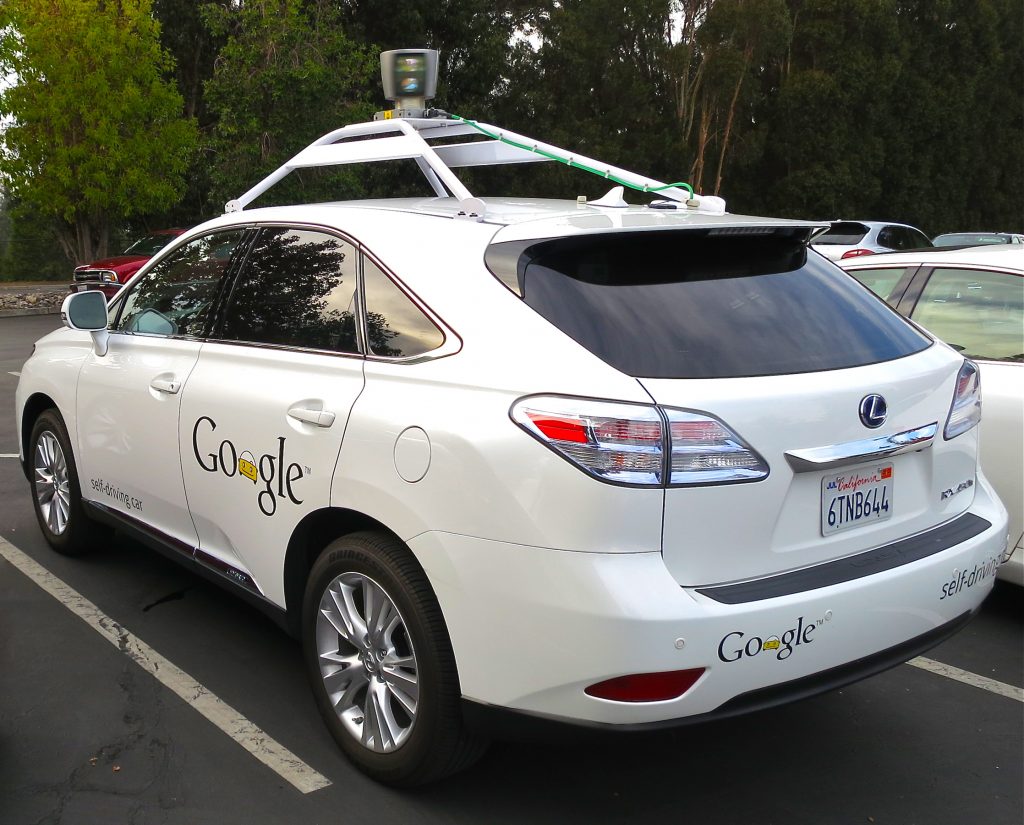Insurance Implications for Self-Driving Cars

Insurance Implications for Self-Driving Cars
With Self-Driving cars becoming more and more a near future certainty, you have to consider the insurance implications and impact with the new shared mobility and self-drive technologies.
Just recently, one of Google’s self-driving cars was involved in an accident. This was one of the most damaging driverless collisions to date. In that particular incident, it transpired that it was not the driverless vehicles fault as another van driver ran a red light and crashed into the side of the Google Lexus RX 450 SUV, causing the airbags to deploy and leaving the doors banged up.
The worrying thing about the situation was that the driverless car didn’t know how to sense and avoid as it was operating in autonomous mode at the time. The human driver on board, manually took over at the last second and applied the brakes but by then it was too late to prevent the collision. Thankfully, no one was injured in the collision.
After the incident, Google issued this statement with details about the crash:
“A Google vehicle was traveling northbound on Phyllis Ave. in Mountain View when a car heading westbound on El Camino Real ran a red light and collided with the right side of our vehicle. Our light was green for at least six seconds before our car entered the intersection. Thousands of crashes happen everyday on U.S. roads, and red-light running is the leading cause of urban crashes in the U.S. Human error plays a role in 94% of these crashes, which is why we’re developing fully self-driving technology to make our roads safer.”
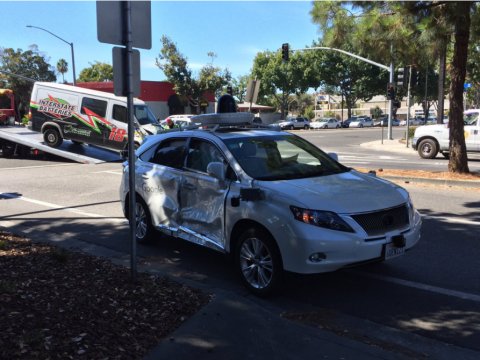
Self driving car manufacturers and other technology firms moving into this new area of autonomous vehicles, need to prioritize safety and work hard to develop a reliable safety systems in these vehicles.
It is envisioned that self-driving vehicles will be much safer than human-driven vehicles but we shall have to wait and see as these computer systems, no matter how good they may be, will never match the elusive human element and natural human behavioural element of sensing and related danger avoidance.
Self-Driving Insurance
This leads us to the question: What happens about insurance on one of these autonomous vehicles? With accidents, such as the one mentioned above, surely it will have massive insurance implications? The traffic light was green for six seconds before the Google car went through the junction but it was still hit. A human driver may have very well seen the oncoming danger and avoided the situation. As all drivers know, or at least should know is, that you always check left and right at lights and junctions, even if you have the right of way.
With the self-driving industry set to grow exponentially over the next twenty years, insurance companies will have to really think hard how they are to proceed as it will become a sink or swim scenario. Self-Driving and autonomous travel is the future and there may be no going back so insurance companies will have to adapt to the changing technologies in the immediate future.
Manufactures and technology firms believe that self-driving cars may reduce accidents by as much as 90%. This is an astounding claim and if true it will have a profound effect on the lives of so many road users. When polled, 81% of Americans felt that they would feel safer driving themselves so this would indicate that there is still a long way to go to convince the everyday driver that the autonomous vehicle is the way forward.
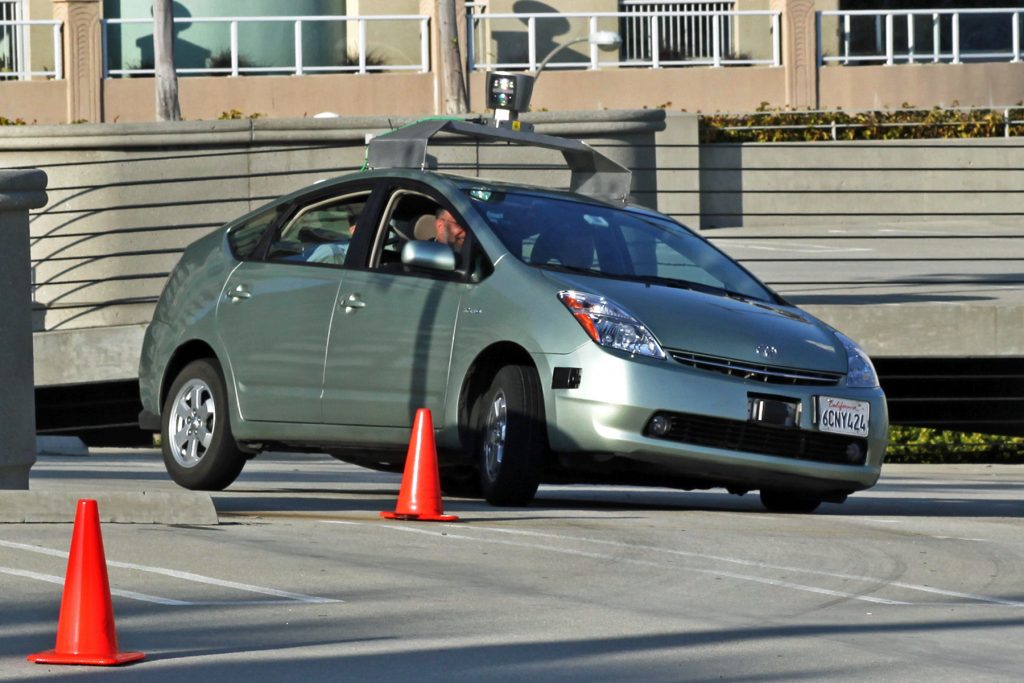
If drivers feel that way, will they be willing to pay a premium for this technology especially if adopting this new technology adds an extra premium to their insurance? Volvo, for example, said that their new autonomous technology will likely add almost €10,000 to the car's cost.
Other factors also have to be taken into account besides the expected consumer hesitation. There are many legal barriers as well in most parts of the world, so much new legislation will have to be drafted and adopted by every country. There is also the transitional period when human-driven vehicles and driverless and autonomous vehicles are using the same roads. Could this cause chaos?
With the arrival of the autonomous car on our roads, it will change a lot more for insurers. It is not the same as having multiple drivers on the same vehicle. As more and more of these cars start to drive on the road, there is inevitably going to be the ‘human element’ and interaction between the autonomous car and the human driver. There will also be new risks to insure, such as sensor damage, satellite failure and other new technologies that we have not envisioned or planned for yet.
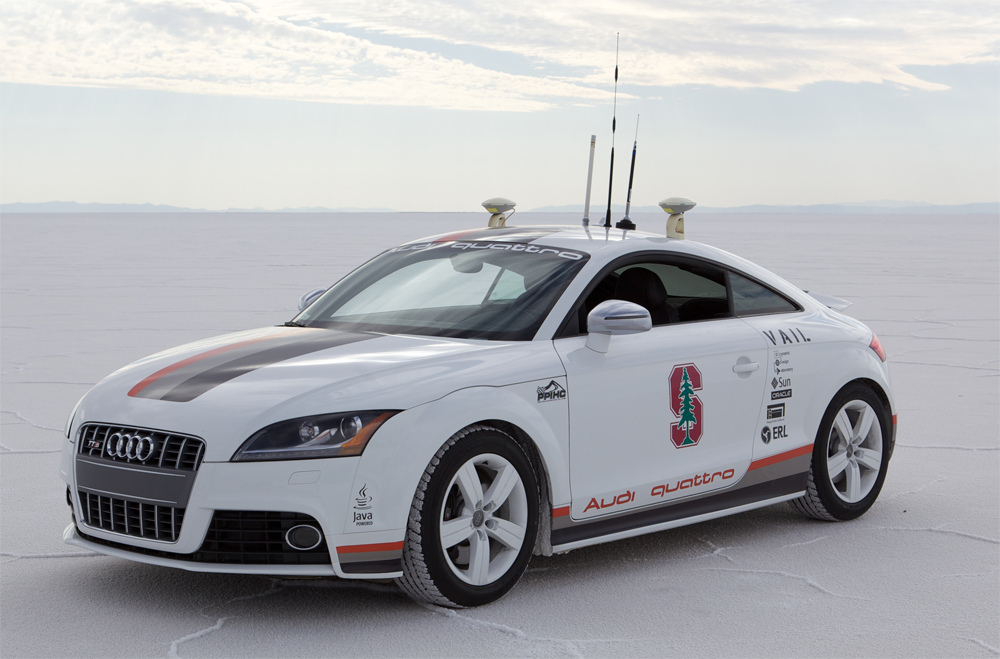
Possible Insurance Factors for the car of the future:
- Sensor Damage
- Satellite Failure
- Cyber Security
- Driverless-Car Hack
As we regulate vehicle insurance, there will continue to be cover for fires, animals, floods, theft, earthquakes and vandalism will still be necessary, and that type of insurance will not need to change very much, except for replacement cost adjustments.
Infrastructure will also have to change and develop as autonomous vehicle become readily available. Currently, not all roads have the needed smoothness and visible road lines and markings which the autonomous systems need to safely navigate. Taking all these factors into consideration though, the cost of insurance will surely drop dramatically, especially if the safety claims are true and it will reduce road collisions by up to 90%.
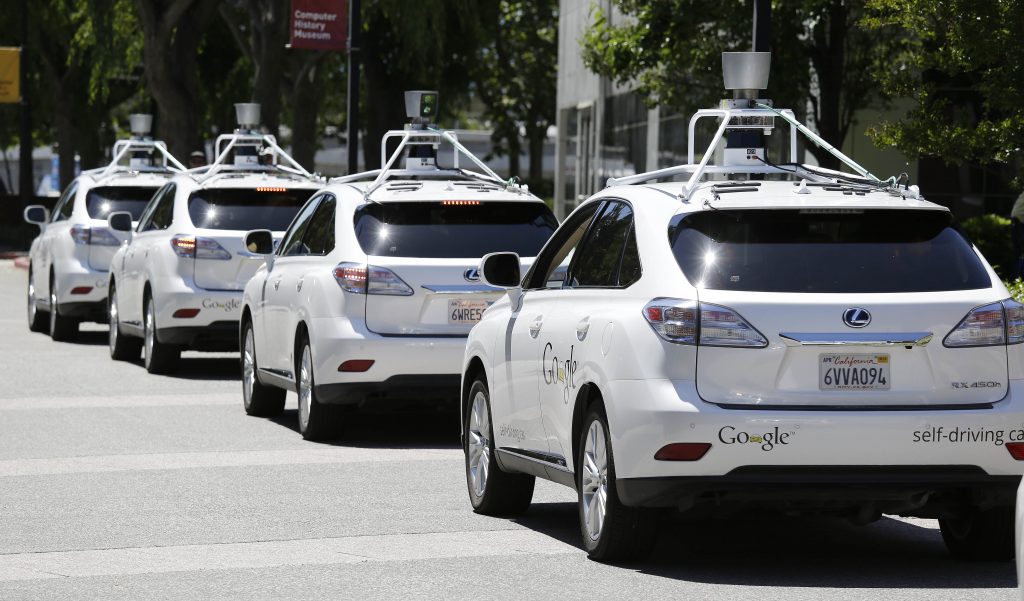
Cost of car insurance to plunge
As one of the mainstays of the Insurance Industry, Motor Insurance accounts for 42 per cent of global insurance premiums. As we know, driver error is the biggest cause of accidents and the main reason for the large motor insurance premiums. If 90 per cent of accidents are caused by driver error and these accidents can be cut drastically through the use of autonomous vehicles, it goes without saying that insurance cover can be reduced dramatically. Researchers at Autonomous expect UK premiums to drop by some 63 per cent by 2060, causing profits for the motor insurance industry to fall by 81 per cent.
According to Consultancy Firm, Fehr & Peers, “half of US traffic will be autonomous at some point between 2040 and 2050”
John Cusano, senior managing director of global insurance at Accenture added, “it is going to have a major impact...Increasing sophistication and safety capabilities are being put in, so the amount and severity of accidents, and the insurance required, will decline over time.”
David Williams, technical director at Axa had this to say, “We believe that driverless cars will be an essential part of the future, and we don’t want the insurance industry to be blocking it. We want to be part of it. By being involved early we’re getting an early view of the technology.”
How long it takes before self-driving cars are everywhere, only time will tell but one thing is for sure, the autonomous future is being built and prepared right now.
Author

Justin Kavanagh
Justin Kavanagh is a recognised leader
in automotive intelligence and vehicle
data supply to the entire motor industry.
He has almost 20 years experience in
building systems from the ground up.
As the Managing Director of Vehicle
Management System, he understands the
need and importance of trustworthy and
reliable vehicle history and advice to
both the trade and the public.
Follow me on LinkedIn
